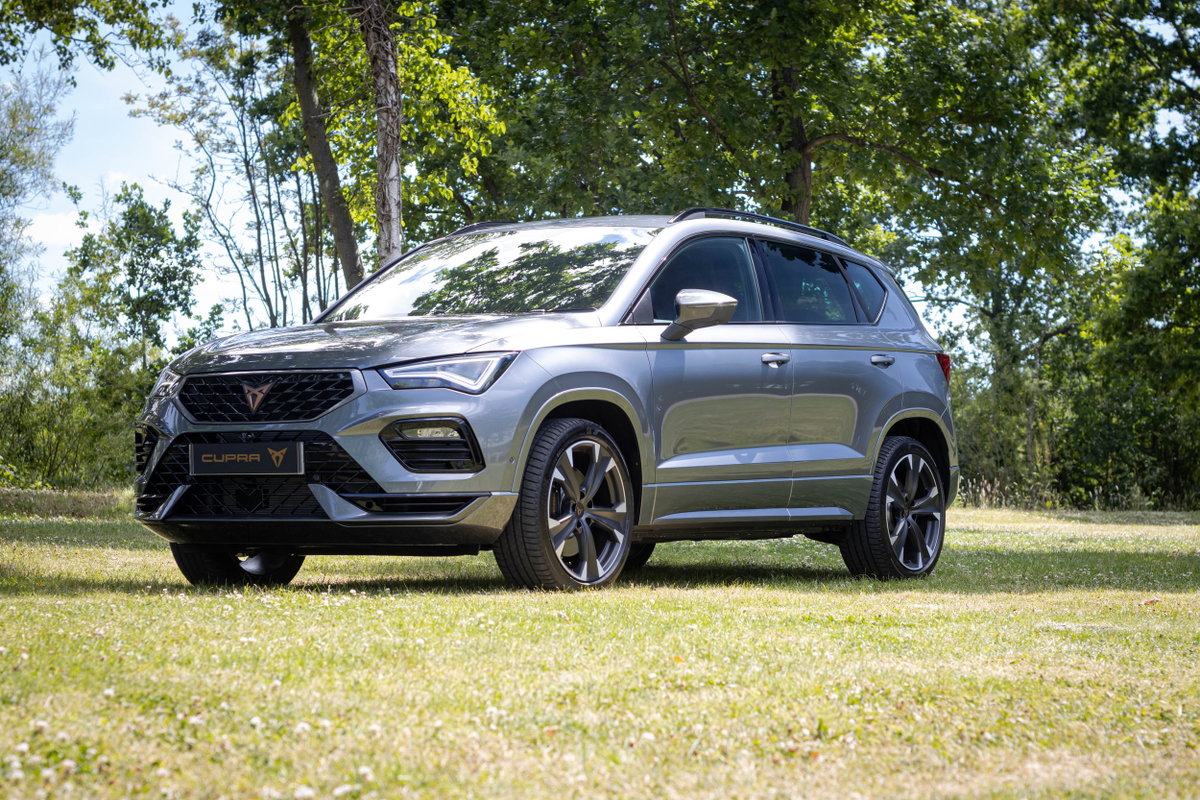
Used Cars: Your Complete Guide to Buying Smart in 2025
Let’s be real — buying a used car is one of the smartest financial decisions you can make. Whether you’re a first-time buyer, upgrading on a budget, or looking for a reliable second vehicle, used cars offer exceptional value for money. But with so many choices out there, knowing where to start can feel overwhelming.
This guide breaks down everything you need to know — from how to find a good deal to what specs matter — so you can shop confidently and avoid the pitfalls of the second-hand car market.
Why Choose a Used Car?
Buying new is nice, but not everyone wants to spend £20k+ just to watch their car lose value the moment they drive off the forecourt. Here’s why used cars make so much sense:
Key Benefits of Buying Used:
- Better value for money – avoid the rapid depreciation new cars face
- Lower insurance premiums
- More car for your budget – upgrade trims or models for less
- Eco-conscious – extends the life of existing vehicles
- Plenty of stock available via dealerships, marketplaces, and private sellers
Top Used Cars in 2025 (With Specs)
Below are some of the best-performing, most reliable used cars available in the UK market right now, across different categories:
| Model | Year Range | Fuel Type | Transmission | MPG / Range | Avg. Price (Used) | Best For |
| Ford Fiesta 1.0 EcoBoost | 2018–2022 | Petrol | Manual/Auto | 48–55 MPG | £8,000–£14,000 | First-time buyers |
| Toyota Yaris Hybrid | 2017–2021 | Hybrid | Auto | 55–70 MPG | £10,000–£16,000 | Urban, fuel-efficient use |
| Volkswagen Golf TDI | 2017–2020 | Diesel | Manual/Auto | 55–65 MPG | £11,000–£17,500 | All-round practicality |
| Kia Sportage 1.6 CRDi | 2019–2023 | Diesel | Manual/Auto | 48–54 MPG | £14,000–£21,000 | Families and long trips |
| Nissan Leaf 40kWh | 2018–2021 | Electric | Single-speed | 150–168 miles | £10,000–£15,000 | Green commuting |
Where to Find Quality Used Cars
The market is full of places to buy second-hand vehicles — but not all are created equal. Here’s where to look:
- Approved Dealerships
- Offers warranties, finance plans, and pre-sale inspections
- Higher price point, but greater peace of mind
- Online Marketplaces
- Sites like Auto Trader, Cazoo, and Arnold Clark
- Browse thousands of listings, filter by price, location, fuel type, and more
- Private Sellers
- Often cheaper
- Riskier — always get a mechanic check and HPI report
- Car Supermarkets
- High-volume sellers like Motorpoint or CarShop
- Wide variety, often competitively priced
What to Check Before Buying a Used Car
Don’t just fall in love with the look — here’s a checklist to help you avoid expensive regrets:
Vehicle History
- Request an HPI check (reveals accidents, finance, write-offs)
- Review MOT history on MOT checker
Mechanical Condition
- Test drive it — listen for odd noises, sluggish gear changes, and warning lights
- Inspect tyres, brakes, oil level, and exhaust
Paperwork
- Match V5C logbook details with seller and car
- Check for service records — ideally with a full or partial service history
Mileage Accuracy
- Low mileage doesn’t always mean better — balance it with age and use case
Used Car Buying Tips
- Set a realistic budget (don’t forget insurance, tax, and fuel costs)
- Negotiate, especially with private sellers
- Consider total cost of ownership, not just price
- Don’t rush — take time to compare options
- Look for cars with warranties, especially if buying from a dealer
FAQs About Used Cars
Q1: How old is too old for a used car?
Cars older than 10 years may lack safety features and require more maintenance — but if well-maintained, they can still be good buys.
Q2: Is it better to buy from a dealer or private seller?
Dealers offer more protection and warranties; private sellers may offer lower prices but carry more risk.
Q3: How can I check if a used car is reliable?
Research the model’s reputation, check MOT history, and review user forums or Which? car reviews.
Q4: Are used electric cars worth buying?
Yes — especially with EVs like the Nissan Leaf or Renault Zoe. Always check battery health and charging history.
Q5: Do used cars come with warranties?
Dealerships often include a 3–12 month warranty. Private sales usually come as seen, with no warranty.
Final Thoughts: Should You Buy a Used Car?
Absolutely — if you’re looking for value, flexibility, and a wide choice, used cars are hard to beat. With proper research, a reliable inspection, and a little negotiation, you can score a vehicle that’s perfect for your needs without breaking the bank.
Whether it’s a fuel-efficient hatchback, a spacious SUV, or a budget-friendly electric car, the used car market in 2025 offers something for everyone.